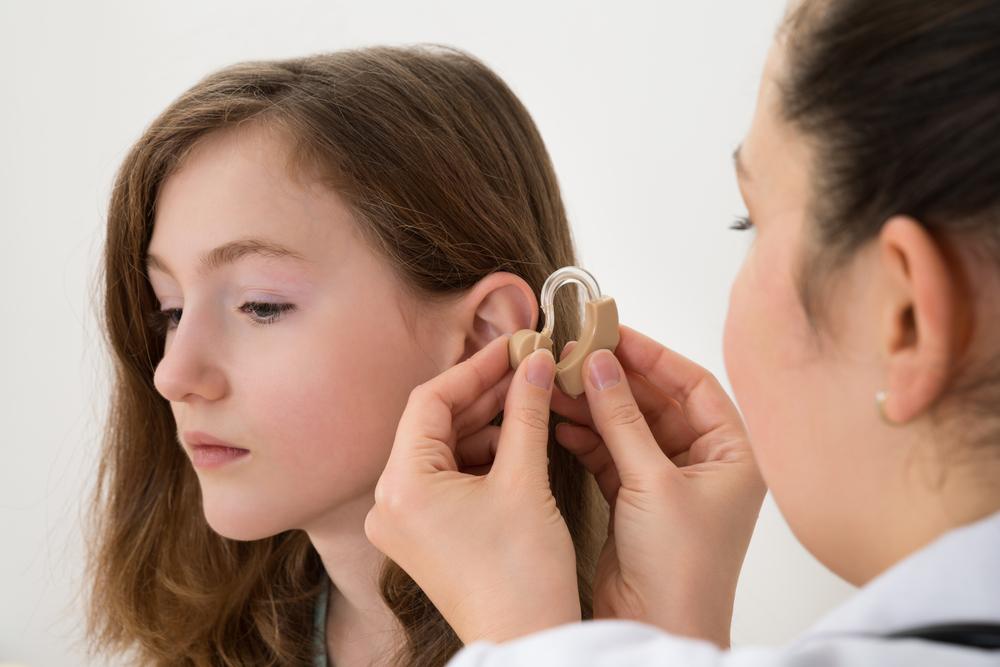Digital vs analog hearing aids – which one to choose
Hearing loss is a debilitating problem causing severe frustration and isolation. According to a recent research by the World Health Organization, more than 50 million Americans have been affected by hearing loss. Almost 1 in 5 Americans of 12 and older age have hearing loss due to adverse impact communication.

Hearing aid technology:
With the advancement in technology, many new and improved hearing aid options are coming up, which are quite helpful for increasing hearing abilities. Hearing aids are available based on two different categories – analog and digital. Choosing the right hearing aid helps you to get all the options for accurate hearing aspects. Consulting the audiologist is quite helpful when you get confused about deciding on the best type of hearing aid for solving your hearing loss problem. Below are some of the hearing aid comparisons done for analog and digital models, so that you can choose them based on your lifestyle.
Analog hearing aids:
Analog hearing aids are effective in making the continuous sound waves loud. They work on a similar principle as analog sound amplification equipment that converts the sound waves into electrical waves. These waves are later amplified and then converted back into sound waves in the earphone. Hearing aid comparison helps you to know the best way to choose analog or digital hearing aid. Based on the recommendations of a hearing instrument specialist, the hearing aid manufacturer adjusts the sound in the analog hearing aid machine suitable for the individual.
- These are programmable and users could alter their settings anytime.
- They are easier to adjust when moving from a noisier area to a quiet environment.
- These are cheaper hearing aids when compared to digital hearing aids.
- They are more powerful when compared to digital hearing aids.
- They are preferred for long-term usage.
Digital Hearing Aids:
Digital hearing aids are helpful for converting the sound waves into digital codes, which can be manipulated using the hearing aid. Later the waves are returned as sound waves in the earphone. Going through hearing aid comparisons will help you choose the best product according to your need. Digital codes are analyzed and proper adjustments are made for producing sound. Since digital hearing aids can convert sound waves into digital signals, it would be easier to duplicate each sound to allow complex amplification and processing.
- The digital sound technology improves hearing process.
- It reduces background noise.
- It has variable program settings.
- The sound can be adjusted based on specific hearing loss patterns.
- It is easy to adjust to different environments.
- One can hear at wide circumstances.
Based on the above hearing aid comparisons, both the digital and analog hearing aids are found efficient in their own ways to solve hearing problems. Analog hearing aids are much cheaper when compared to digital hearing aids, but digital varieties offer sharp sound and efficient amplification when compared to others.


